On September 9…
“The entire history of mankind is, in any case, nothing but a prolonged fight to the death for the conquest of universal prestige and absolute power.”
~Albert Camus
1776 – The Continental Congress formally declared the name of the new nation to be the “United States” of America. This replaced the term “United Colonies,” which had been in general use.
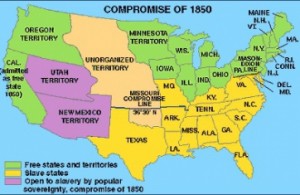
1850 – California became the 31st state in the union … without ever even having been a territory. With gold fever reaching epidemic proportions around the world, more than 60,000 people from around the globe came to California in 1849 alone.
Faced with such rapid growth, as well as a thorny congressional debate over the question of slavery in the new territories, The Compromise of 1850 (a package of five separate bills passed by the United States Congress) was reached. The compromise allowed California to jump straight to full statehood without ever passing through the formal territorial stage. The agreement, however, did not come without a cost.
The compromise included a more stringent Fugitive Slave Law. It required that all escaped slaves were, upon capture, to be returned to their masters and that officials and citizens of free states had to cooperate in this law. The passage of the Fugitive Slave Law aroused feelings of bitterness in the North and led to a breakdown in the spirit of compromise in the United States, ultimately becoming one of the primary reasons for the Civil War.
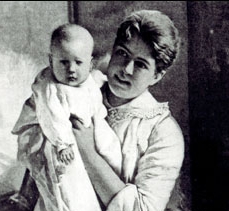
1893 – Frances Folsom Cleveland, the wife of President Grover Cleveland, gave birth to a daughter, Esther, in the White House. Esther was the first child of a president to be born in the White House.
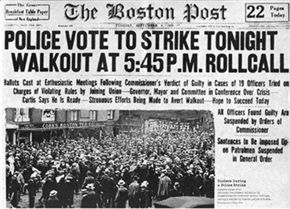
1919 – The infamous Boston Police Strike of 1919 began, causing an uproar around the nation and confirming the growing influence of unions on American life. Using the situation to their advantage, criminals took the opportunity to loot the city.
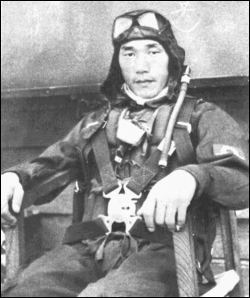
1942 – A Japanese floatplane dropped incendiary bombs on an Oregon state forest – the first and only air attack on the U.S. mainland during World War II.
Launching from the Japanese sub I-25, Nobuo Fujita piloted his light aircraft over the state of Oregon and firebombed Mount Emily, alighting a state forest – and ensuring his place in the history books as the only man to ever bomb the continental United States from the air. President Franklin Roosevelt immediately called for a news blackout for the sake of morale. No long-term damage was done, and Fujita eventually went home to train navy pilots for the rest of the war.

1965 – Los Angeles Dodgers pitcher Sandy Koufax pitched the eighth perfect game in major league history (and his fourth career no-hitter), leading the Dodgers to a 1-0 win over the Chicago Cubs at Dodgers Stadium in Los Angeles.
1966 – President Lyndon Johnson signed the National Traffic and Motor Vehicle Safety Act into law. Immediately afterward, he signed the Highway Safety Act. The two bills made the federal government responsible for setting and enforcing safety standards for cars and roads.
The National Traffic and Safety Act required seat belts for every passenger, impact-absorbing steering wheels, rupture-resistant fuel tanks, door latches that stayed latched in crashes, side-view mirrors, shatter-resistant windshields and windshield defrosters, lights on the sides of cars as well as the front and back, and the padding and softening of interior surfaces and protrusions.
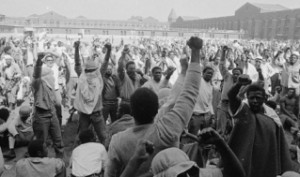
1971 – Prisoners rioted and seized control of the maximum-security Attica Correctional Facility near Buffalo, New York. Later that day, state police retook most of the prison, but 1,281 convicts occupied an exercise field called D Yard, where they held 39 prison guards and employees hostage for four days. After negotiations stalled, state police and prison officers launched a disastrous raid on September 13, in which 10 hostages and 29 inmates were killed in an indiscriminate hail of gunfire. Eighty-nine others were seriously injured.

1976 – Mao Zedong, who led the Chinese people through a long revolution and then ruled the nation’s communist government from its establishment in 1949, died of a heart attack at the age of 82. Along with V.I. Lenin and Joseph Stalin, Mao was one of the most significant communist figures of the Cold War.

1979 – Tracy Austin became the youngest player to win the U.S. Open women’s tennis title. She was 16 years old.

1997 – Baseball Hall of Fame outfielder Richie Ashburn died of a heart attack at the age of 70.
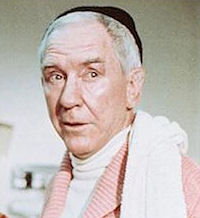
1997 – Actor Burgess Meredith (Of Mice and Men, Advise And Consent, The Day Of The Locust, Rocky movie series) died from complications of Alzheimer’s disease and melanoma. He was 89.
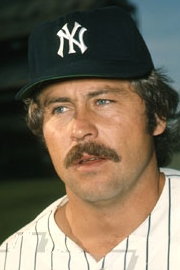
1999 – Baseball Hall of Fame pitcher James “Catfish” Hunter died from complications due to a fall at his home. He died a year after being diagnosed with ALS (often called Lou Gehrig’s disease). He was only 53.
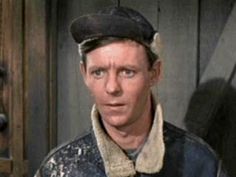
2003 – Actor Larry Hovis (best known for his role as Sgt. Andrew Carter in Hogan’s Heroes) died of esophageal cancer at the age of 67.
Compiled by Ray Lemire ©2016 RayLemire.com. All Rights Reserved.